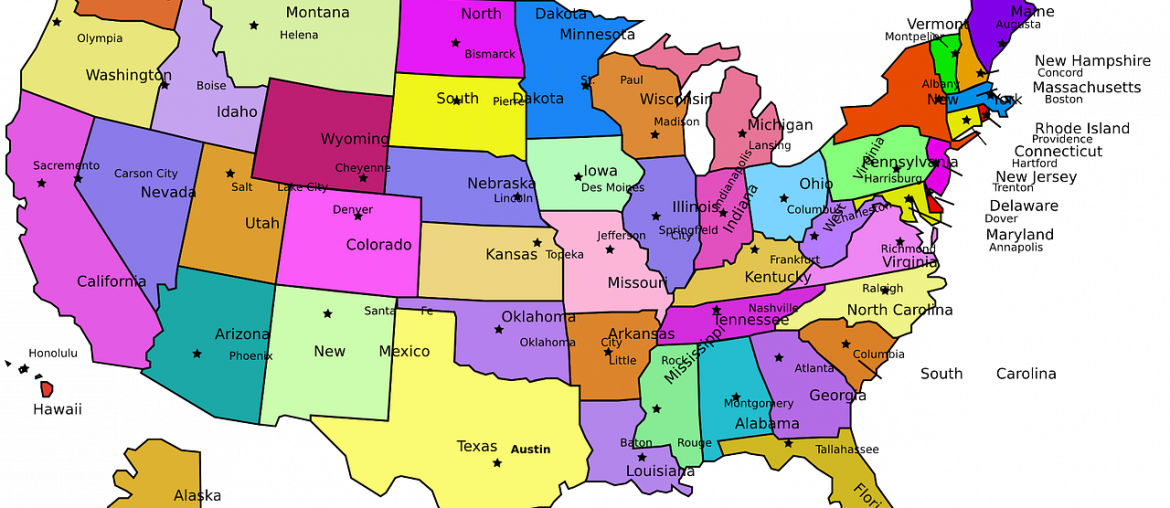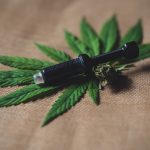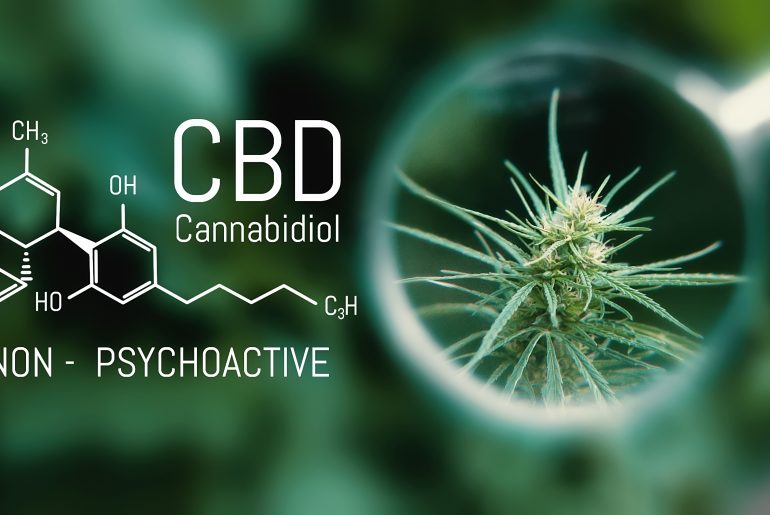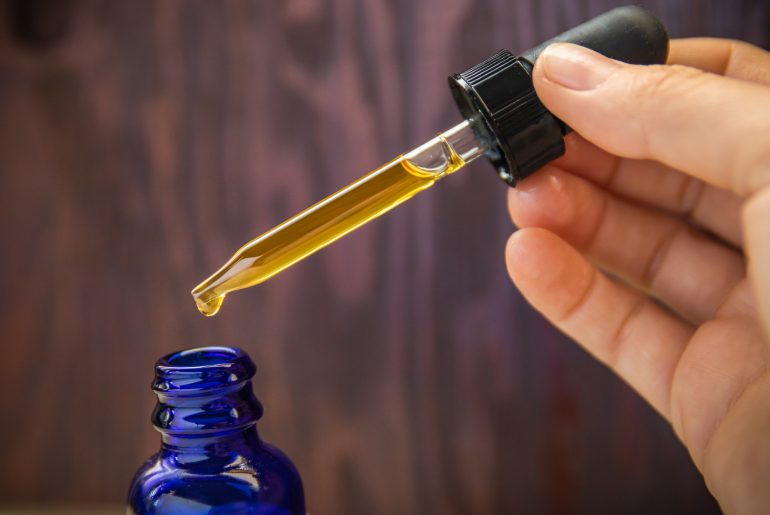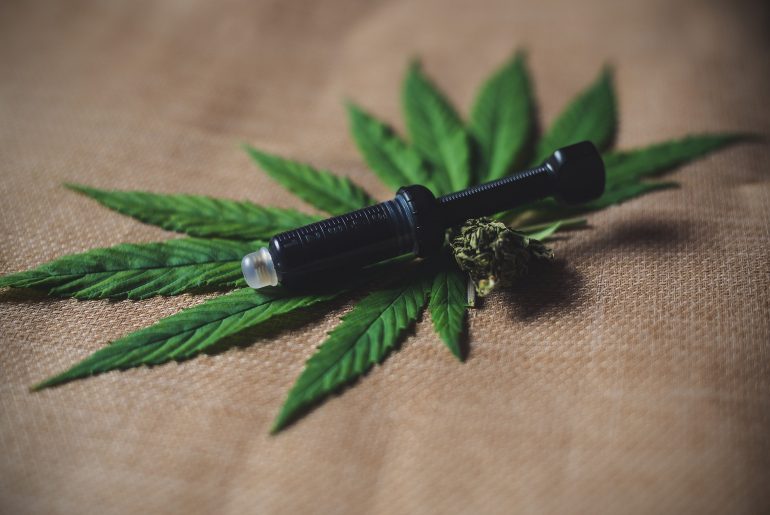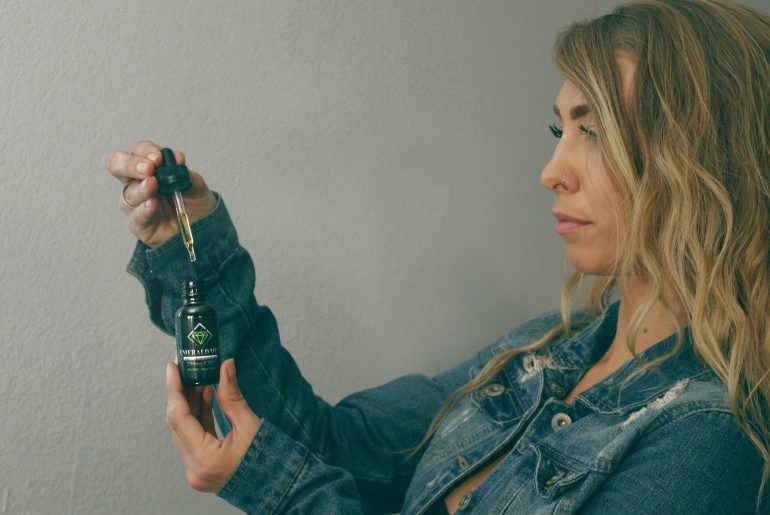The cannabis plant has a long history of serving medicinal purposes with widespread side effects. The whole plant extract has been used in ancient Roman and Chinese medicine for wound healing, seizures, tapeworm infections, and as a remedy for menstrual complications. Data gathered from research later discovered that the cannabis plant contains a varying concentration of cannabinoids (such as THC, CBD, CBG, and CBN), terpenes, and essential oils that can produce one health benefit or the other. Tetrahydrocannabinol (THC), although highly effective in pain relief, has been shown to elicit psychoactive effects, thus limiting the use of cannabis-based products. The discovery of CBD (the non-psychoactive component of the cannabis plant) was discovered to produce similar effects without the usual high, thus increasing its application in health cases.
The legal status of CBD has been widely debated due to its association with the cannabis plant and psychoactive tetrahydrocannabinol. Before now, the bulk of the activities of the cannabis plant have been linked to the presence of THC, thus leading to its ban in several regions of the world, including the U.S. Although this ban is still very much active in some parts of the world, there is a growing interest in how it can be made legal in all 50 States of the U.S.
The FDA has recently approved the use of epidiolex (the first CBD-based prescription drug) for the treatment of seizures and epilepsy. The DEA has also reclassified CBD derived from the cannabis plant with a concentration of 0.1% THC as a Schedule V drug. Other moves aimed at legalizing the use of CBD include its removal from the list of banned substances in the 2018 Farm bill, which allows a user to travel with CBD and the approval of CBD for sporting activities by WADA. With these developments, it is clear that the use of CBD may soon be legalized in all parts of the world.
The health benefits of CBD have been widely documented. This is due to its ability to interact with the endocannabinoid system without producing any feeling of high or tampering with brain activity, as seen in tetrahydrocannabinol. It has been conferred with the GRAS (Generally regarded as Safe) status by the FDA and has been successfully utilized in pain relief, anxiety control, inflammation control, and overall health of the digestive system. Even with this widespread success in use, one question remains paramount; Is CBD legal in all 50 states? In this article, we shall take a deep dive into examining the legal status of CBD across the length and breadth of the U.S.
Is CBD legal in all states?
Although the federal law has passed the bill for the legalization of CBD, the states have the final say in determining what is obtainable in their region. Data gathered from research has shown that the state adoption of CBD legalization has been divided into four main categories, namely, the green states, the amber states, the amber-red states, and the red states.
The green states:
These are states that have legalized the use of marijuana for both medical and recreational purposes as long as you meet the minimum age requirement (18 or 22 as the case may be). These states and their year of legalization include the following:
- Alaska (1998)
- California (1996)
- Colorado (2000)
- Maine (1999)
- Massachusetts (2012)
- Michigan (2008)
- Nevada (2000)
- Oregon (1998)
- Vermont (2004)
- Washington (1998)
- Washington DC (2010)
The amber states
These are states or regions where only the use of medical marijuana has been legalized. These states require that you possess a medical marijuana card and prescription from a medical marijuana doctor before the drugs can be administered. The states under this category include the following:
- Arizona (2010)
- Arkansas (2016)
- Connecticut (2012)
- Delaware (2011)
- Florida (2016)
- Hawaii (2000)
- Illinois (2013)
- Louisiana (2016)
- Maryland (2014)
- Minnesota (2014)
- Missouri (2018)
- Montana (2004)
- New Hampshire (2013)
- New Jersey (2010)
- New York (2014)
- North Dakota (2016)
- Ohio (2016)
- Oklahoma (2018)
- Pennsylvania (2016)
- Rhode Island (2006)
- Utah (2018)
- West Virginia (2017)
Amber Red States
These are locations that restrict the use of cannabis to only CBD products. These products must be utilized for a specific reason, such as epilepsy. Other laws guiding the use of CBD products in these areas specify that it must be extracted from the hemp plant with a concentration of 0.3% or 0.1% THC as the case may be. The laws guiding the use of CBD in these areas may differ, so we recommend that you check with your state to know what is permitted. These states include the following:
- Alabama
- Georgia
- Indiana
- Iowa
- Kansas
- Kentucky
- Mississippi
- North Carolina
- South Carolina
- Tennessee
- Texas
- Virginia
- Wisconsin
- Wyoming
Red states
These states that prohibit the use of cannabis-based products for any reason. They have strict laws restricting the use and purchase of CBD. These states include the following:
- Idaho
- Nebraska
- South Dakota
Conclusion
There is a growing acceptance for the legalization and use of CBD oil and other CBD-based products in all states of the U.S. We, however, suggest that you consult with your local health authorities or the concerned bodies to know if CBD is legal in your state.
Don’t forget to contact us if you have any questions on the legal status of CBD in your state. We will love to hear from you soon.

